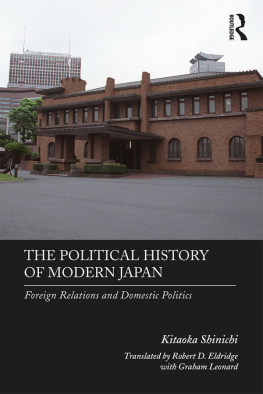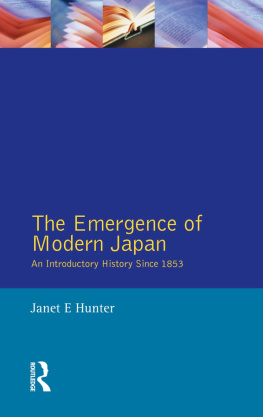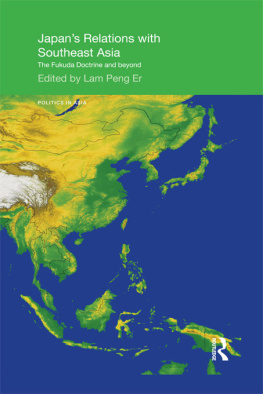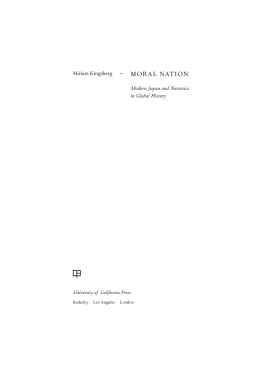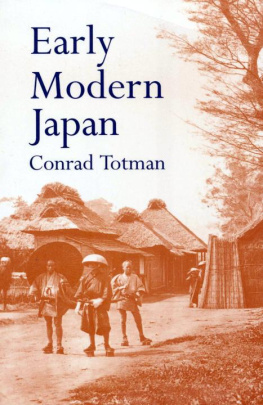Kitaoka Shinichi - The Political History of Modern Japan: Foreign Relations and Domestic Politics
Here you can read online Kitaoka Shinichi - The Political History of Modern Japan: Foreign Relations and Domestic Politics full text of the book (entire story) in english for free. Download pdf and epub, get meaning, cover and reviews about this ebook. year: 2018, publisher: Routledge, genre: Politics. Description of the work, (preface) as well as reviews are available. Best literature library LitArk.com created for fans of good reading and offers a wide selection of genres:
Romance novel
Science fiction
Adventure
Detective
Science
History
Home and family
Prose
Art
Politics
Computer
Non-fiction
Religion
Business
Children
Humor
Choose a favorite category and find really read worthwhile books. Enjoy immersion in the world of imagination, feel the emotions of the characters or learn something new for yourself, make an fascinating discovery.
- Book:The Political History of Modern Japan: Foreign Relations and Domestic Politics
- Author:
- Publisher:Routledge
- Genre:
- Year:2018
- Rating:3 / 5
- Favourites:Add to favourites
- Your mark:
The Political History of Modern Japan: Foreign Relations and Domestic Politics: summary, description and annotation
We offer to read an annotation, description, summary or preface (depends on what the author of the book "The Political History of Modern Japan: Foreign Relations and Domestic Politics" wrote himself). If you haven't found the necessary information about the book — write in the comments, we will try to find it.
Spanning the 130-year period between the end of the Tokugawa Era and the end of the Cold War, this book introduces students to the formation, collapse, and rebirth of the modern Japanese state. It demonstrates how, faced with foreign threats, Japan developed a new governing structure to deal with these challenges and in turn gradually shaped its international environment. Had Japan been a self-sufficient power, like the United States, it is unlikely that external relations would have exercised such great control over the nation. And, if it were a smaller country, it may have been completely pressured from the outside and could not have influenced the global stage on its own. For better or worse therefore, this book argues, Japan was neither too large nor too small.
Covering the major events, actors, and institutions of Japans modern history, the key themes discussed include:
- Building the Meiji state and Constitution.
- The establishment of Parliament.
- The First Sino-Japanese and Russo-Japanese Wars.
- Party Politics and International Cooperation.
- The Pacific War.
- Development of LDP politics.
- Changes in the international order and the end of the Cold War.
This book, written by one of Japans leading experts on Japans political history, will be an essential resource for students of Japanese modern history and politics.
Kitaoka Shinichi: author's other books
Who wrote The Political History of Modern Japan: Foreign Relations and Domestic Politics? Find out the surname, the name of the author of the book and a list of all author's works by series.

